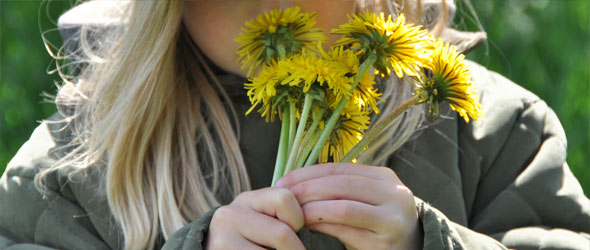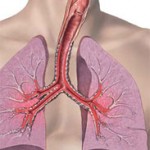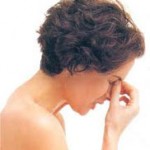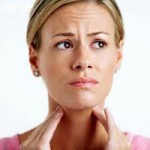Hay fever or pollinosis, is an acute seasonal allergic reaction to the air-borne pollens.
Hay fever can occur during the spring as a reaction to the tree pollens such as oak, elm, maple, alder, birch and cottonwood.
During the summer grass and weed pollens are the culprits. In the fall (autumn), ragweed pollen is the main cause. Airborne fungal spores also have been known to cause hay fever. The role of these substances are as allergens and they cause allergic reaction in susceptible people.
In response the body’s immune system produces allergic antibodies that release the chemical histamine, this chemical is responsible for producing the symptoms of hay fever.
Symptoms and signs:
At first, the athlete’s eyes, throat, mouth and nose begin to itch, followed by the watering of the eyes, sneezing, and a clear, water-like, nasal discharge.
The athlete may even complain of sinus-type headaches, emotional irritability, insomnia (difficulty with sleeping), red and swollen eyes and nasal mucous membranes, as well as a wheezing cough.
It should be noted that other common adverse allergic reactions, during these periods of the year, are asthma, anaphylaxis, urticaria, angioedema and rhinitis.
Control and treatment:
Oral antihistamines is the most common used for obtaining relief. In order to avoid the problem of sedation caused from taking these drugs, the athlete may take a decongestant during the day and a long-acting antihistamine before going to sleep at night
Listed below are 8 Upper Respiratory Infections
![]() sinusitis
sinusitis
![]() pharyngitis
pharyngitis
![]() influenza
influenza
![]() hay fever
hay fever
![]() infectious mononucleosis
infectious mononucleosis
![]() acute bronchitis
acute bronchitis
![]() bronchial asthma
bronchial asthma
![]() exercise induced bronchial obstruction (asthma)
exercise induced bronchial obstruction (asthma)


























